Annual report 2023
Annual Report 2023
Thank you for visiting this page. The full EADTU Annual report 2023 will be available on this page from 30/01/2023.
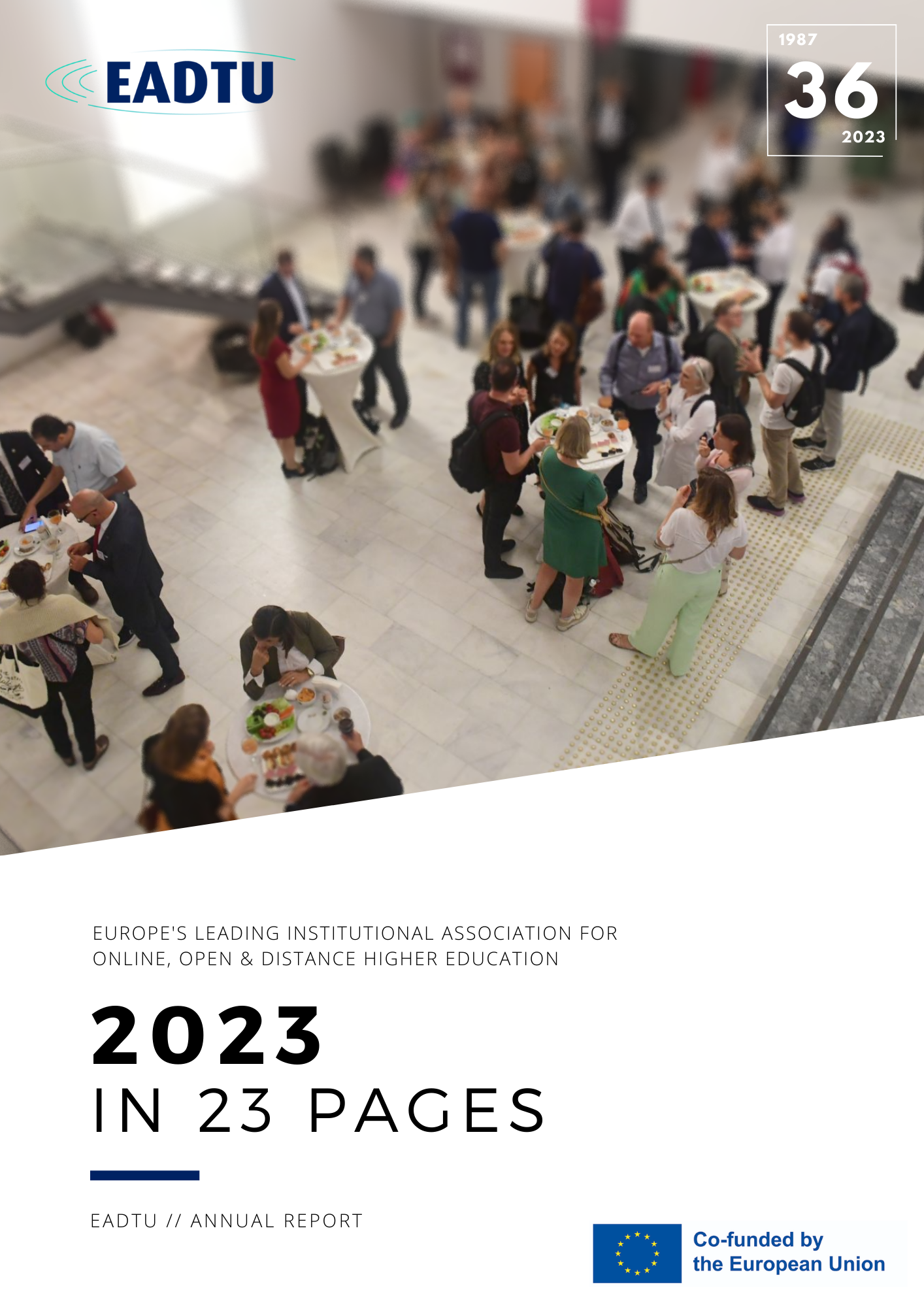
- Hits: 3926
Thank you for visiting this page. The full EADTU Annual report 2023 will be available on this page from 30/01/2023.


In the ever-evolving landscape of education and professional development, microcredentials have emerged as a transformative force, offering learners flexible pathways to acquiring new skills and knowledge.
EADTU, in collaboration with the European MOOC Consortium (EMC) and the MCE project (Modularisation of Continuing Education and professionalisation by Micro-credentials), presents the Microcredential Monitor, aimed to observe the microcredential landscape within Europe.
Visit the Monitor for the latest updates on important reports, policy initiatives, and research publications related to the growth of micro-credentials in higher education and lifelong learning.
Microcredentials are a form of specialized, short-term educational or certification programs that focus on teaching specific skills or competencies in a concise and targeted manner. They are designed to address the needs of lifelong learners and professionals seeking to enhance their knowledge and capabilities in a particular area without committing to a full degree program. Microcredentials often consist of online courses, workshops, or training modules and are awarded upon successful completion.
Microcredentials are offered by a variety of providers. You can think of education and training institutions and organisations, social partners, employers and industry, civil society organisations and national authorities. Given their flexibility, micro-credentials can be provided in many different formal, non-formal and informal learning settings.
It's important to note that the quality and recognition of microcredentials can vary, so learners should research and choose programs from reputable providers that align with their goals and needs. Additionally, some microcredentials may carry more weight in certain industries or regions, so learners should consider the relevance and recognition of the credential within their specific context.
Microcredentials are relevant to you for several reasons, depending on your individual goals and circumstances.
Microcredential programmes provide the learner a very focused curriculum. It offers a flexible, targeted way to help them develop the knowledge, skills and competences they need in a professional environment.
Microcredentials can help employers to identify job candidates with the right skills, or provide the right type of focused training to their employees.
For Higher Education Institutes (HEIs), microcredentials can expand course offerings and access, foster industry partnership as well as competetive positioning.
The Common Microcredential Framework (CMF) is developed by the European MOOC Consortium. CMF uses the European Qualification Framework (and other national qualification frameworks of recognised universities) to provide high-quality courses that award academic credit.
Courses can be awarded by CMF if they meet the following specifications:
Read more on this dedicated page.
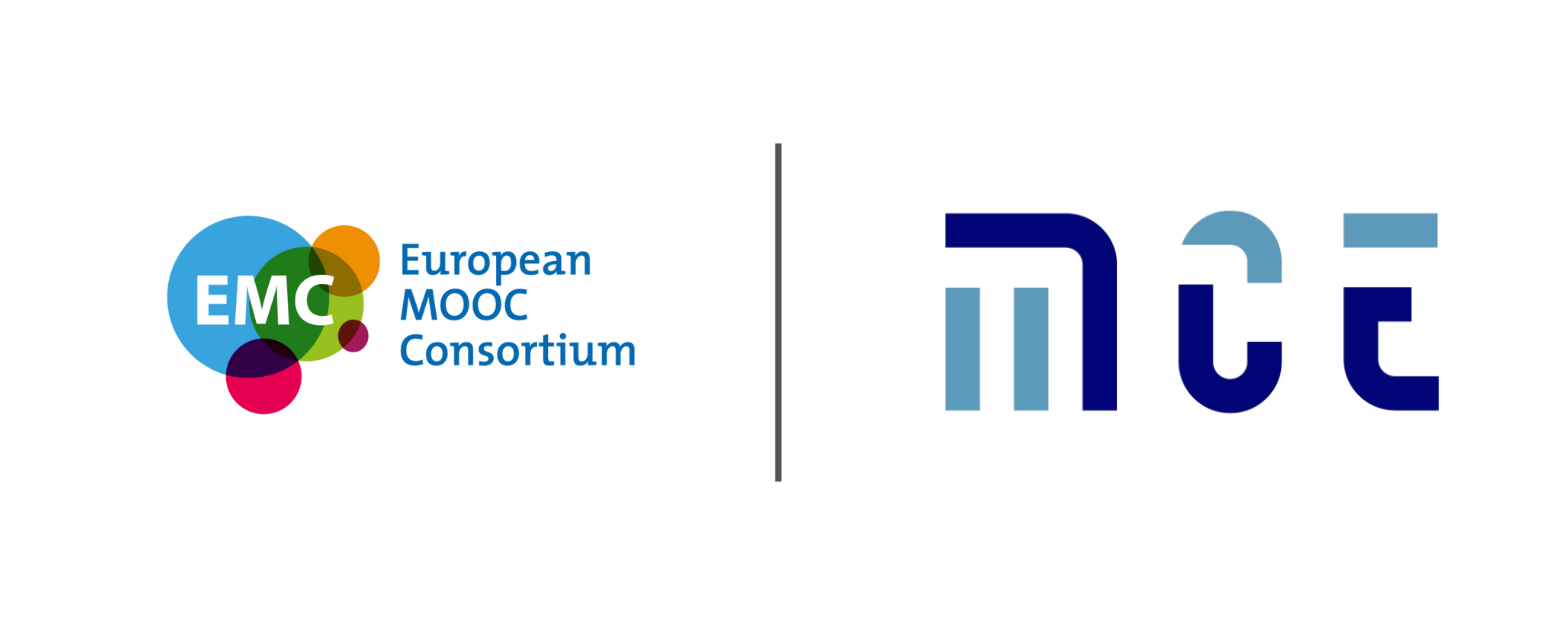
Read more: Microcredential Monitor


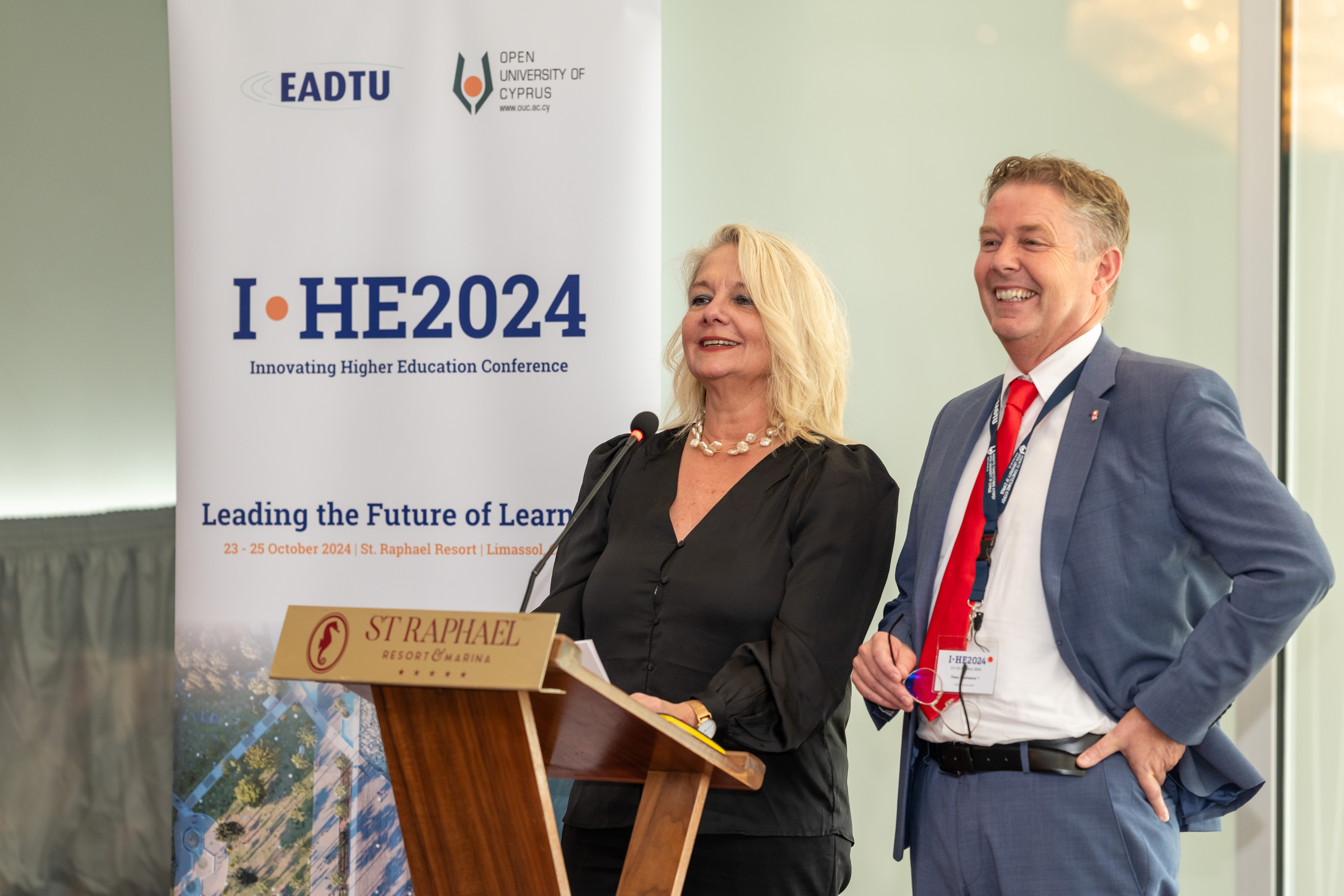
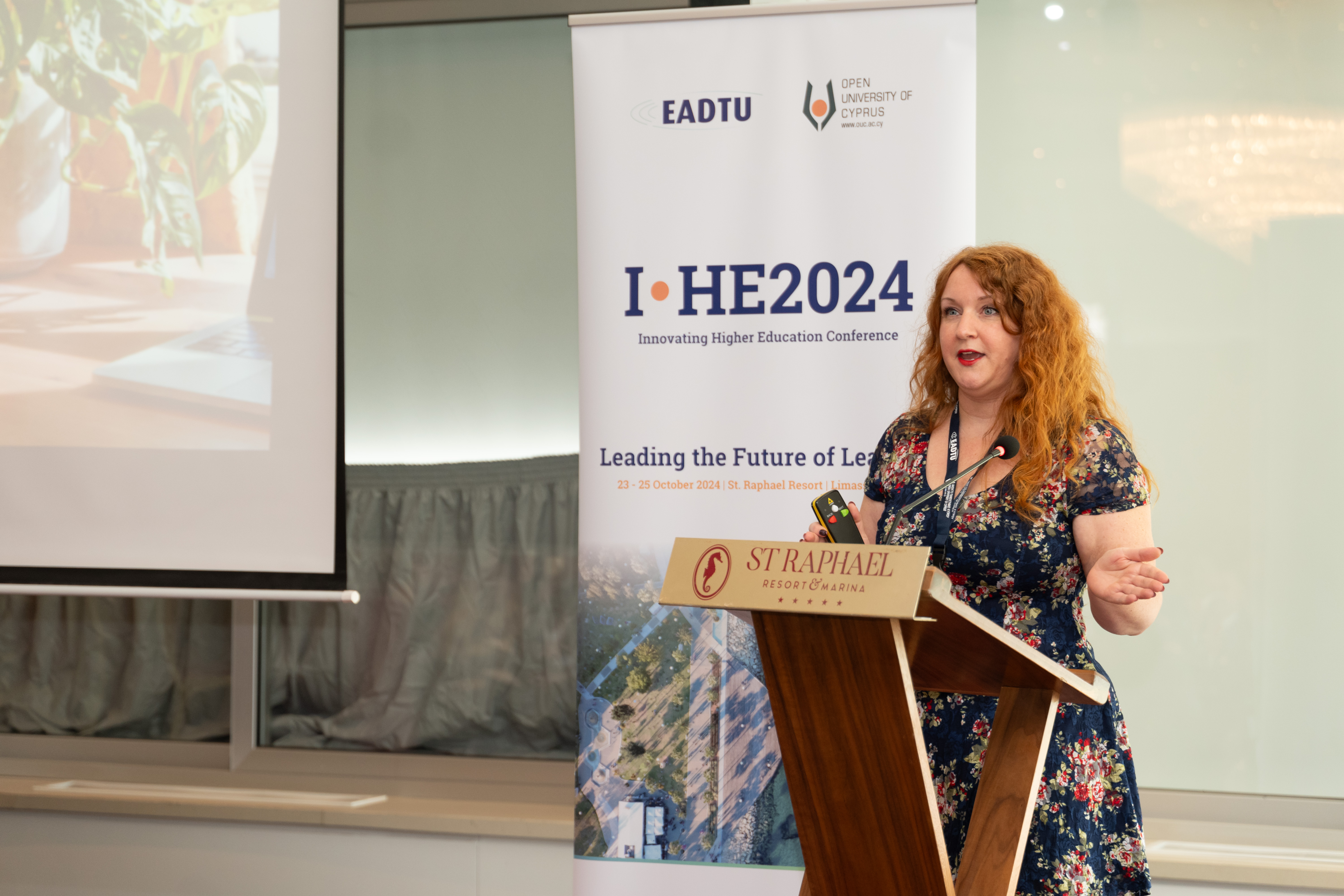
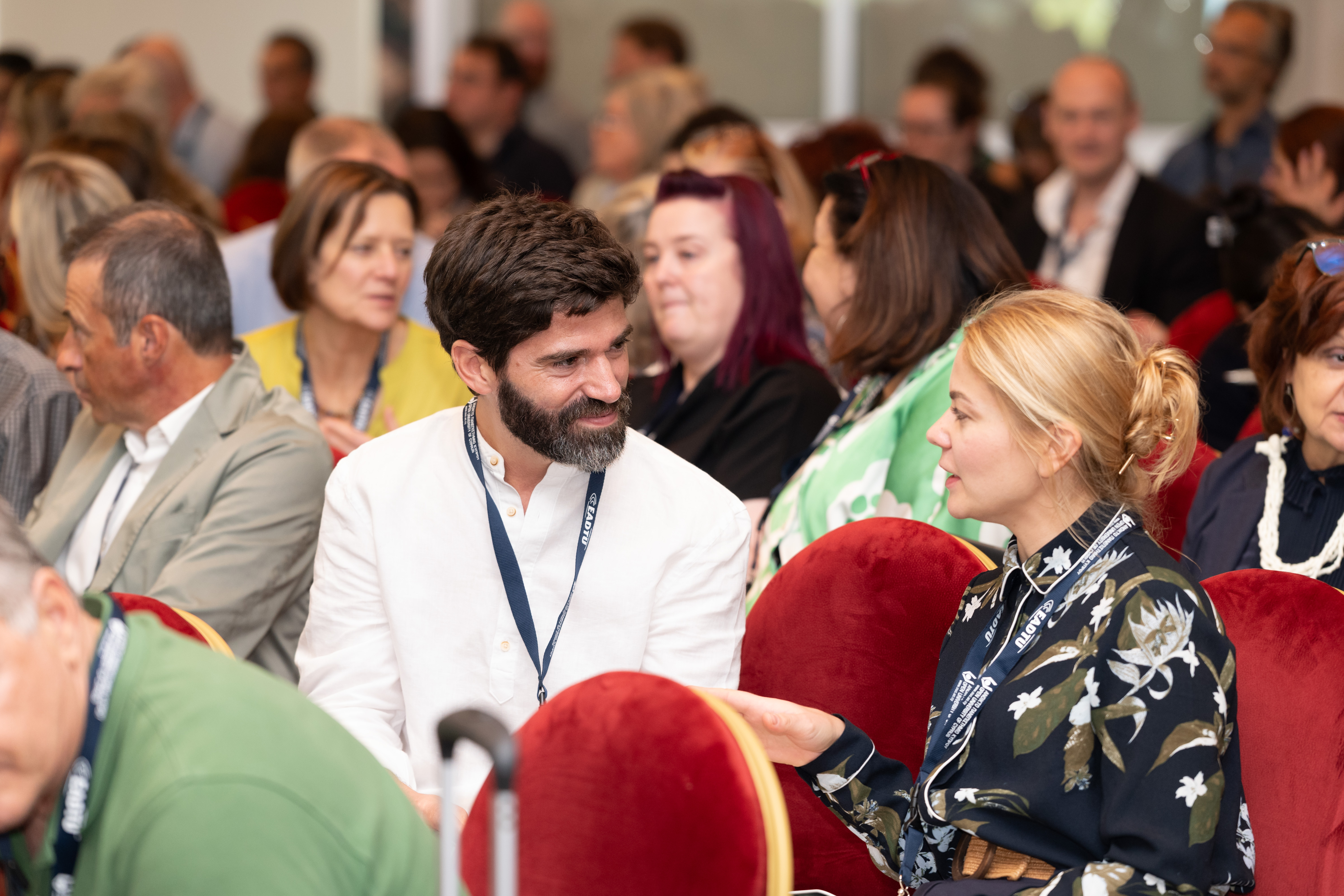


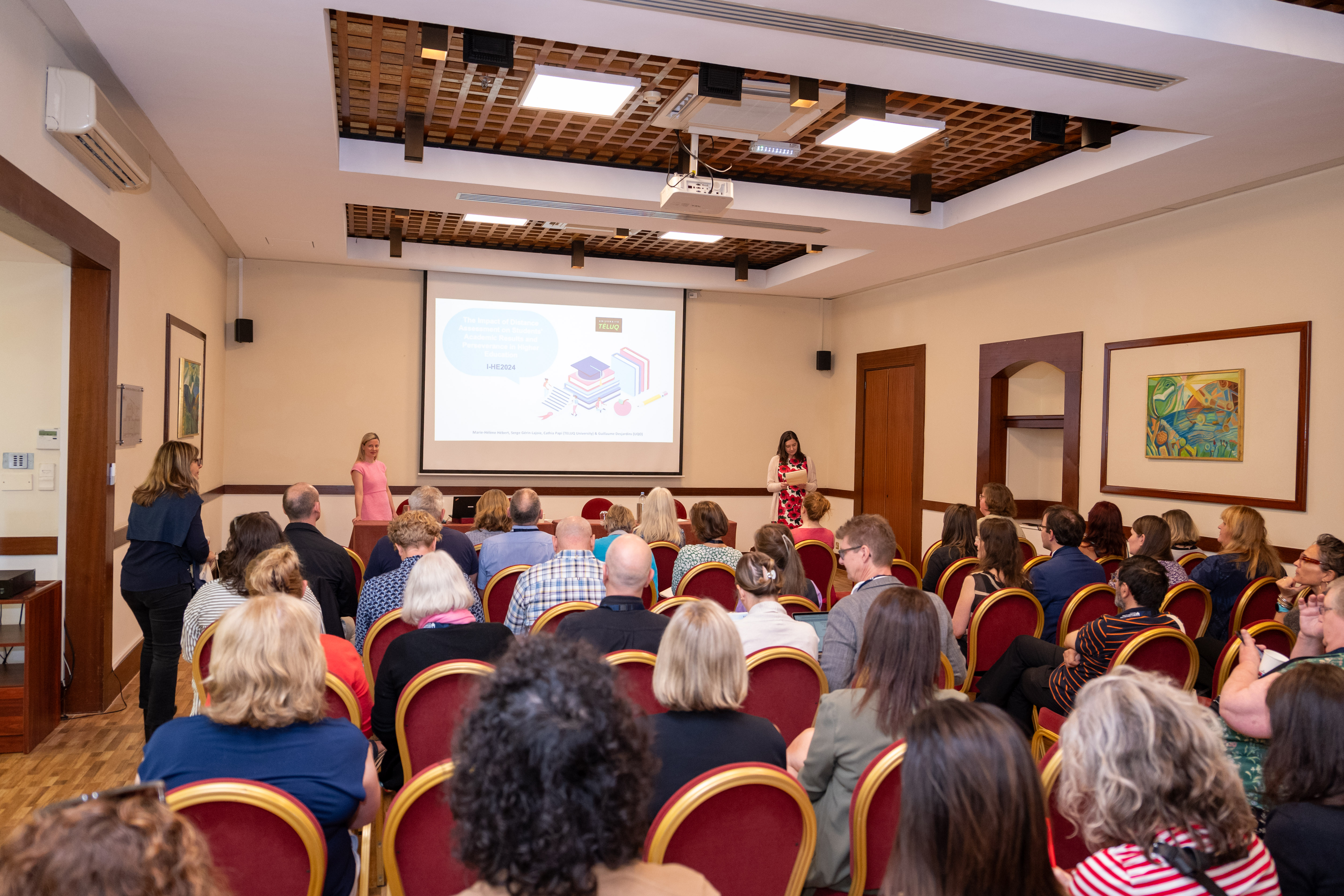
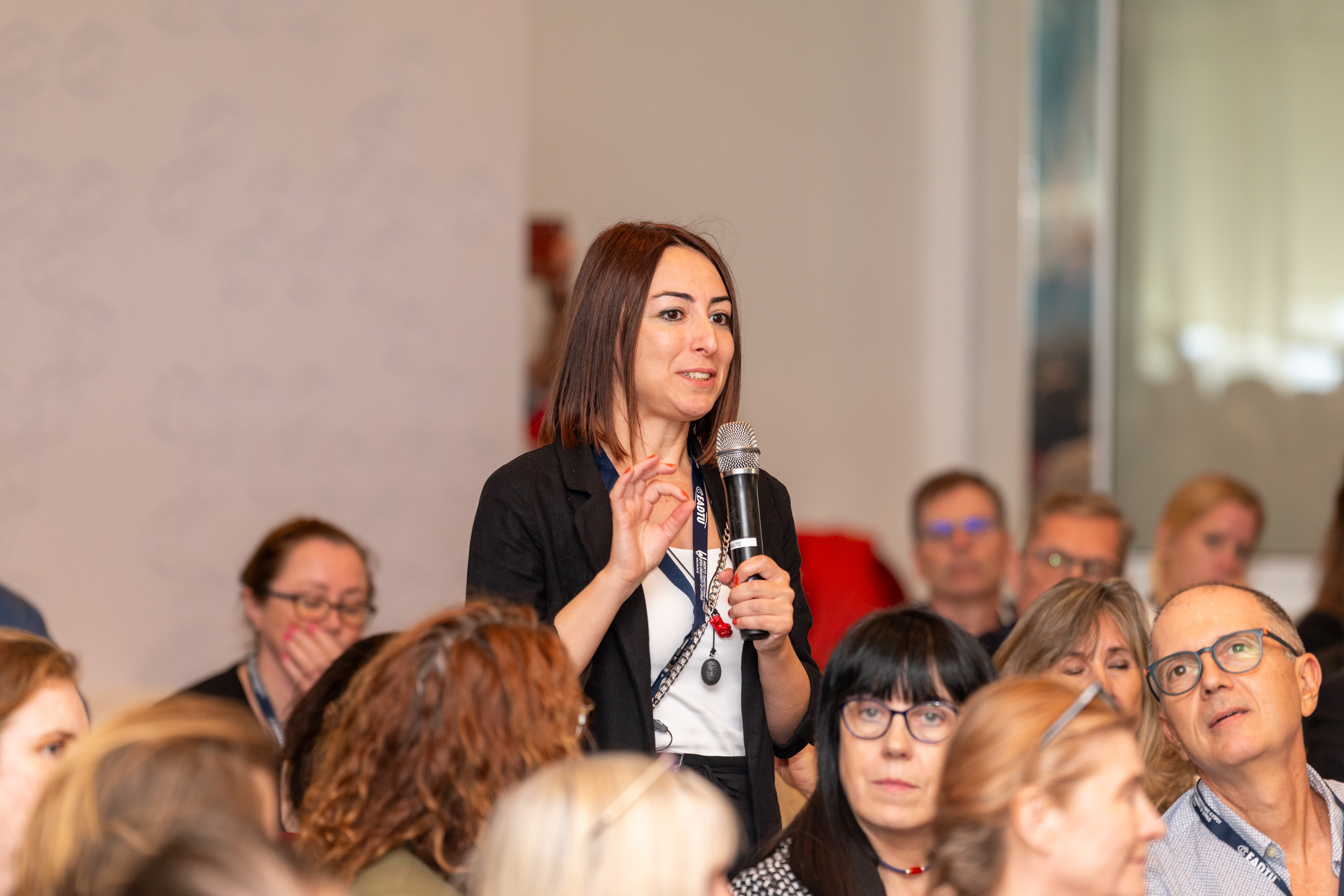
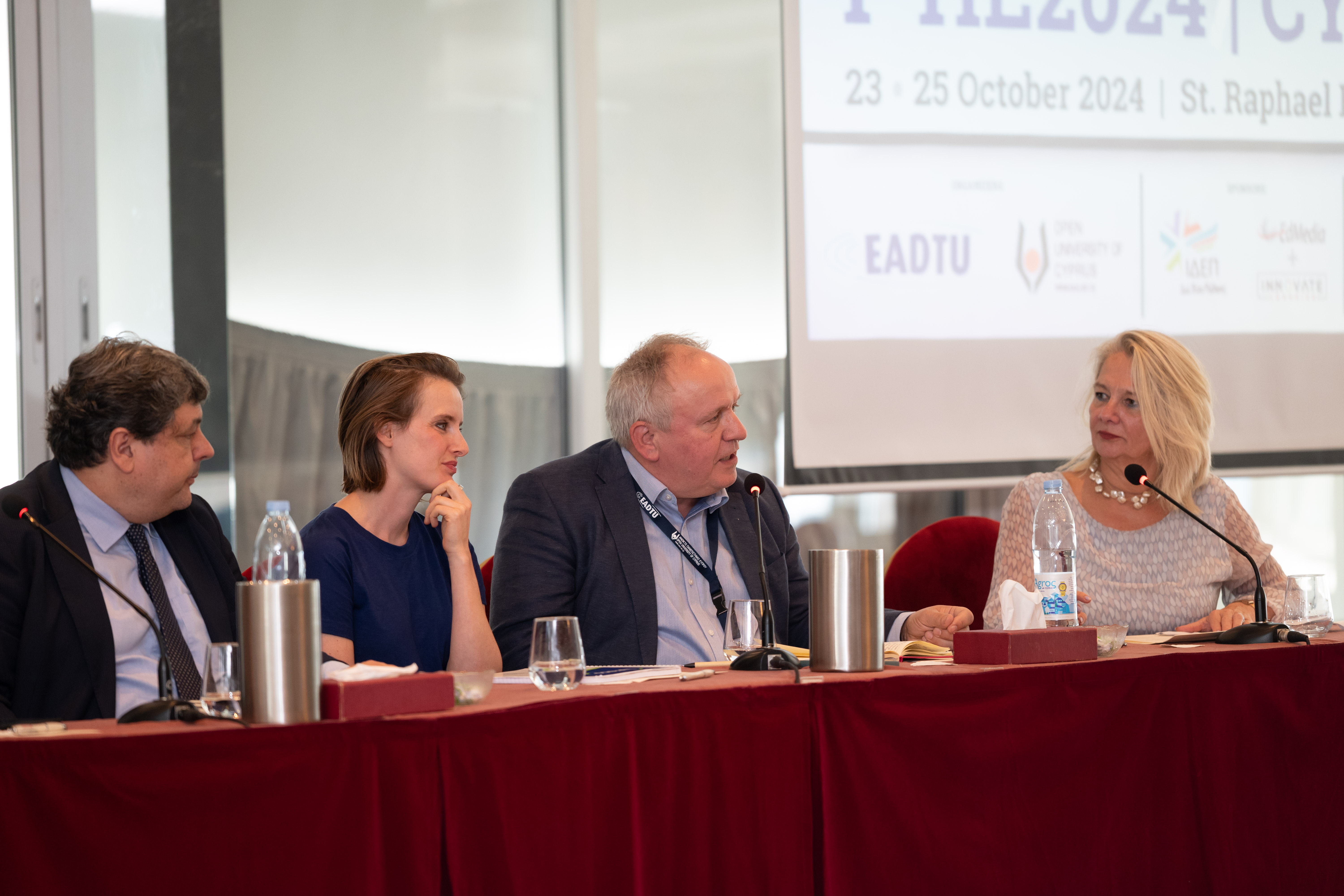
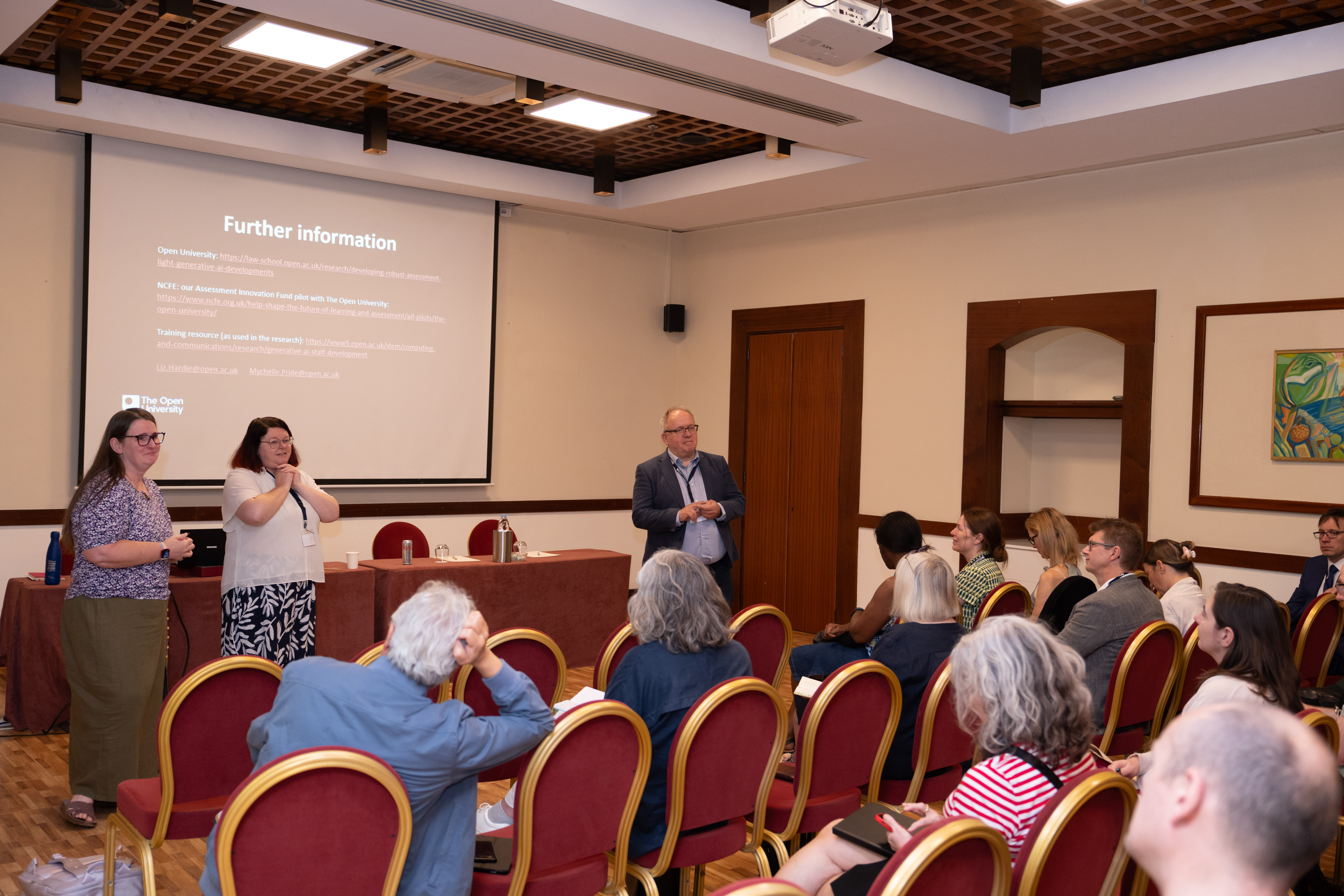
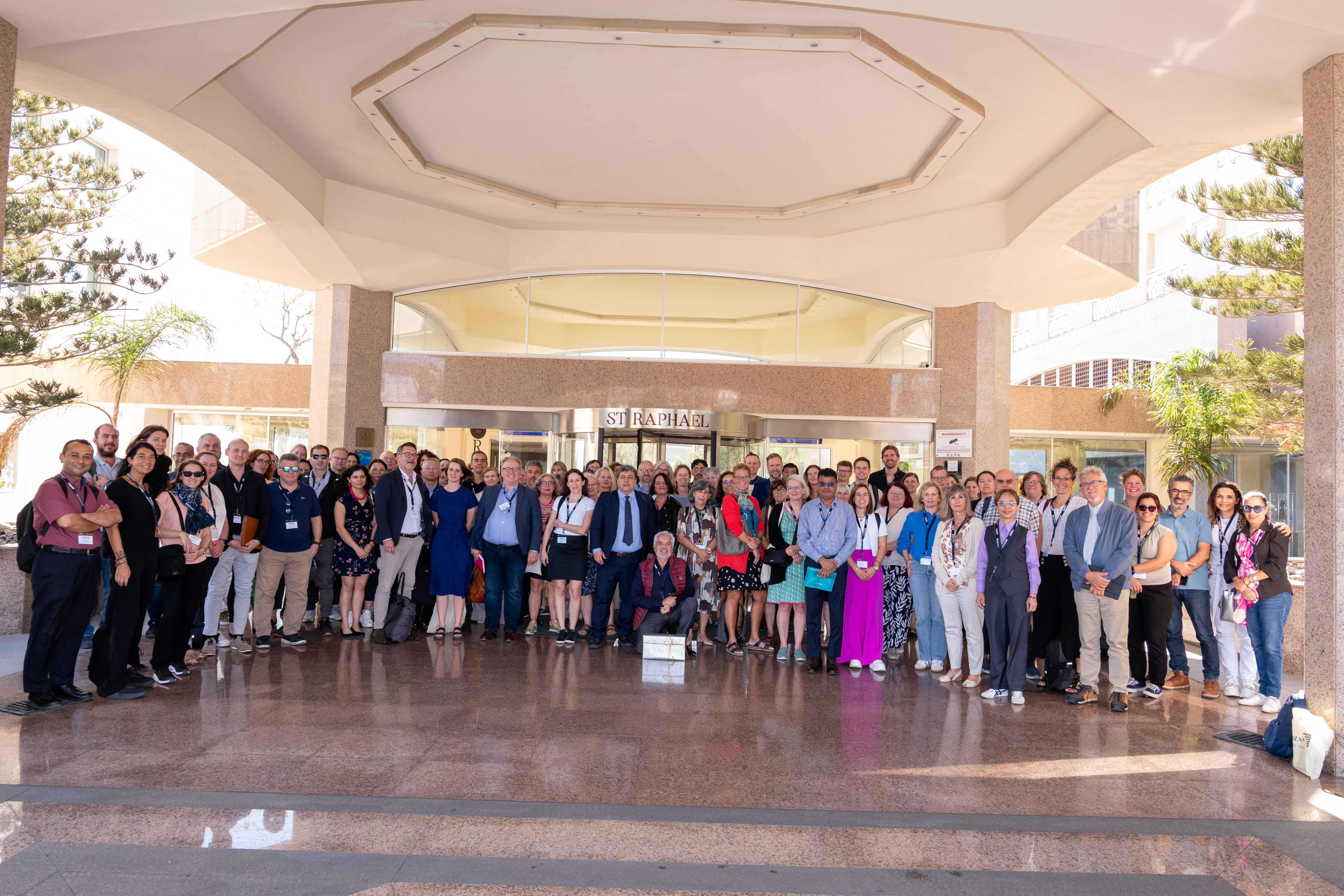
Read more: Impression I-HE2024
